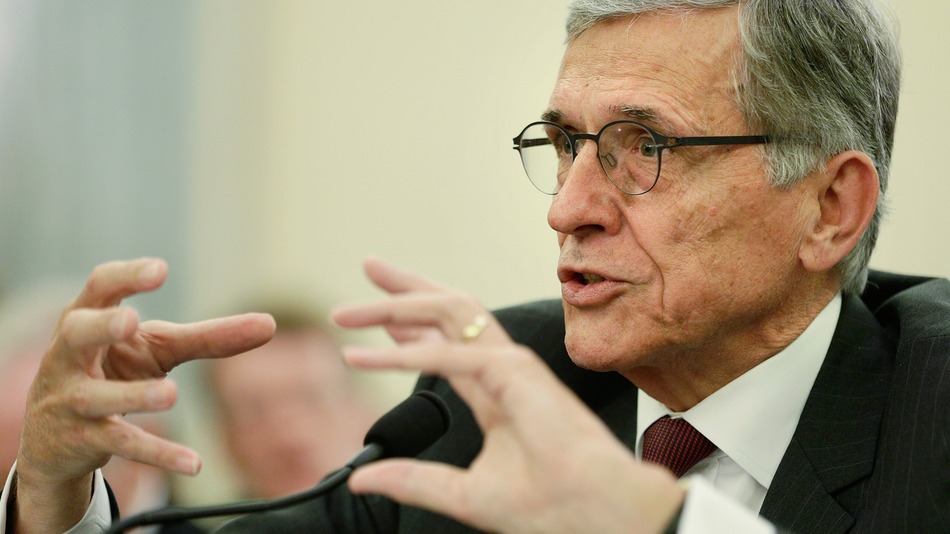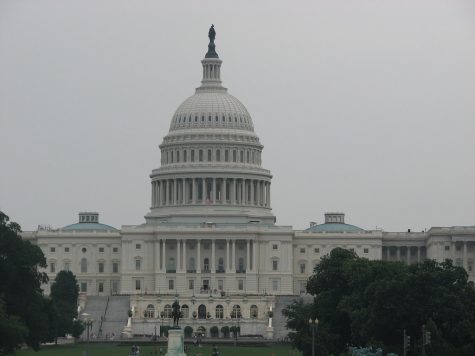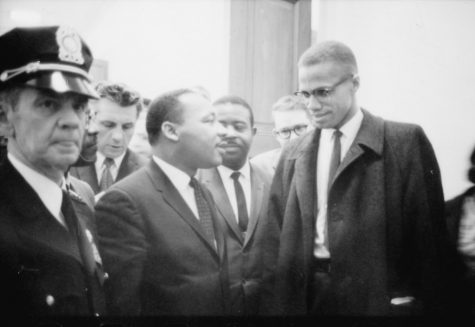The Future of Internet Neutrality
May 20, 2014
In this day and age, many have grown accustomed to using and maintaining a dogmatic reliance upon the Internet. People utilize its billions of websites to do school work, stay connected to the most recent news, and keep track of the newest trends on Twitter. The Internet can be viewed as a platform with endless-opportunity. Not only is it vast, but there are very limited legal boundaries. However, the freedom that the Internet provides is being endangered in the wake of the pivotal Supreme Court decision made earlier this year.
With contentious debates continuing to fester, the question arises: What exactly is “net neutrality?” It is the principle that the government or Internet Service Provider (ISP) should treat all Internet data equally and not discriminate or charge differentially by user, content, site, etc. This principle also suggests any user can go online and have full control over where they go and what they do.
In 2010, the Federal Communications Commission (FCC) established net neutrality rules in their Opera Internet Order. The intent behind the order was, according to the FCC, to “preserve the Internet as an open platform enabling consumer choice, freedom of expression, end-user control, competition, and the freedom to innovate without permission.” The effect would limit the power of ISPs like Verizon and Comcast as a way to promote competition, innovation and creativity online.
One recent proposal in place as of late last April will allow large companies like Netflix and Google to pay ISPs for faster data lanes in order for customers to have access to faster content streaming. This plan is a proposal to replace neutrality and is designed with the biggest companies in mind. This plan has resulted in some severe backlash from outraged internet users, politicians and 100 major tech companies including Google and Microsoft which believe in preserving the egalitarian nature of the Internet.
The present conflict over net neutrality started in January 2014 when the DC District Court struck down the FCC’s neutrality rules as the result of a Verizon lawsuit. The Court established that although the FCC has authority over the internet, the rules in place were based on a flawed legal foundation. In other words, the FCC had to completely rewrite the rules of neutrality. Since February, Chairman Tom Wheeler has been working on creating a new set of rules, but each proposal so far has been widely disapproved. However, a vote amongst varying members of the FCC took place on May 15th and further confirmed its initial propositions that it intends to maintain internet neutrality. Upon being asked about the decision, Wheeler stated, “What we’re dealing with today is a proposal, not a final rule… (this is an issue) I understand in my bones.” This step for Internet users everywhere is a breath of fresh air.













